10, December 2020
Ghana’s tactful president Nana Akufo-Addo wins second term 0
Ghana’s president Nana Akufo-Addo, a former human rights lawyer with the reputation of a smooth operator, has won a second term with 51.59 percent of votes in Monday’s tightly contested election.
The 76-year-old ran against 11 candidates including his long-time opponent John Mahama, 62, a former president himself known as “a man of the people”. He came in second with 47.36 percent of votes.
Akufo-Addo, who sports ‘Harry Potter-esque’ glasses, is a London-educated economic liberal with a cheerful smile. But while he often comes across as jovial, he is a dynamic and forceful leader.
In a speech that went viral in 2018, the president pleaded with fellow Africans to get rid of a dependence mentality towards former European colonisers, aligning himself with historic pan-African leaders such as Kwame Nkrumah and Jerry Rawlings.
“Long before he came into politics, he was somebody who had built a strong reputation fighting the military dictatorship, which enabled him to build friendships across political lines,” said Kwesi Jonah, a senior research fellow at Ghana’s Institute for Democratic Governance.
Current chairman of the regional bloc ECOWAS, he more recently played an important role mediating political crises in Togo and Guinea.
– High growth during first term –
In 2016, after two failed attempts at the presidency, the New Patriotic Party (NPP) leader rode to power on promises that included free high school education and a factory in each of Ghana’s districts.
On education in particular, “he has done very well,” said Jonah — a point that counts in a country where 18- to 35-year-olds account for more than half of all eligible voters.
While in office, he launched the Year of Return to encourage descendants of slaves to “come home” and encourage investments.
Ghana has recorded high levels of growth during his first term in office as he worked to diversify an economy largely dependent on cocoa exports and more recently oil and gold.
But many still live in extreme poverty with scarce access to clean water or electricity.
Severely hit by the coronavirus pandemic, growth in the nation of 30 million people is expected to fall this year to its lowest in three decades, to 0.9 percent according to the International Monetary Fund.
That is a steep decline from 6.5 percent growth in 2019.
– Anti-corruption drive –
Born in the capital Accra in 1944, Akufo-Addo was never far from power. His family, richly royal and deeply political, includes three members of Ghana’s legendary “Big Six”, considered the country’s founding fathers.
After picking up an accent in Britain, along with a lifelong passion for Tottenham Hotspur, Akufo-Addo worked as a lawyer in France before returning to Ghana.
Throughout his career, as a lawyer, then member of parliament and minister, he built a strong anti-corruption reputation.
“Everybody saw him as the guy who, when voted into power, would be able to bring corruption under control,” said Kwesi Jonah, a senior research fellow at Ghana’s Institute for Democratic Governance.
Once in office, he appointed a special prosecutor to investigate and prosecute corrupt officials.
But the prosecutor, Martin Amidu, resigned in November, shortly after releasing a report into a government-backed royalties deal, accusing the president of obstruction and interference.
Despite denials of any wrongdoing from the government, it did not put Akufo-Addo in a flattering light and discontent with his administration — many of which include family members — is simmering.
During this year’s campaign, the president did not make ambitious promises as he had in 2016.
“He has been in power for four years,” said Jonah, “so he knows it is very difficult to get money to do things.”
A first and urgent task will be to limit mounting debt and control rising inflation.
Source: AFP


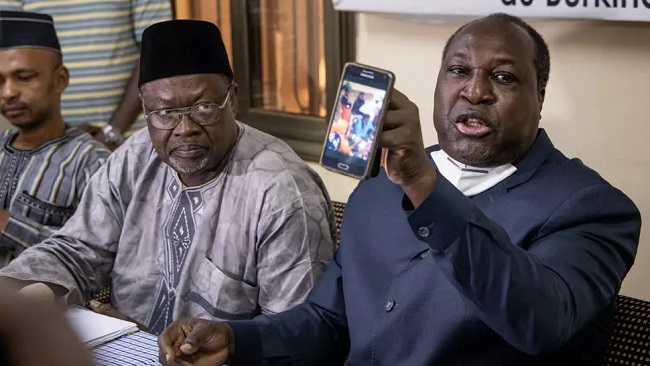
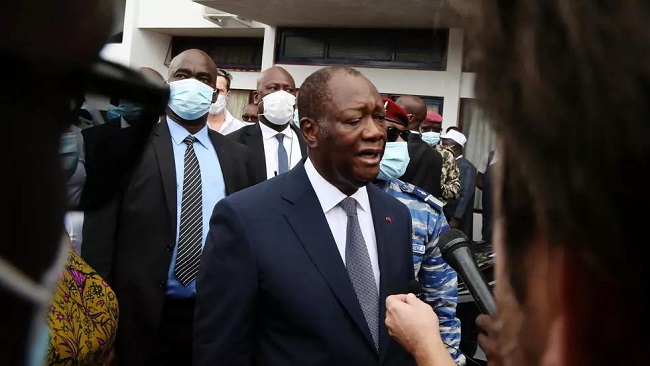
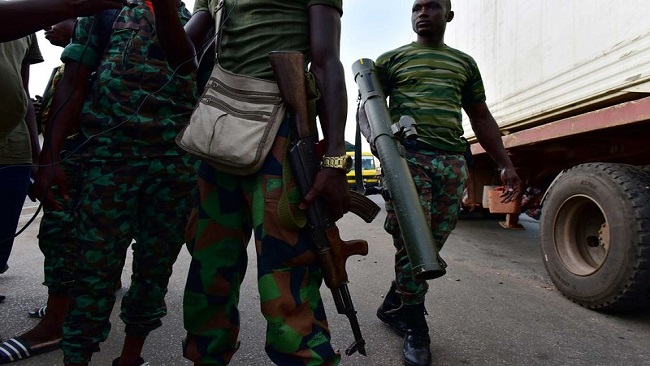

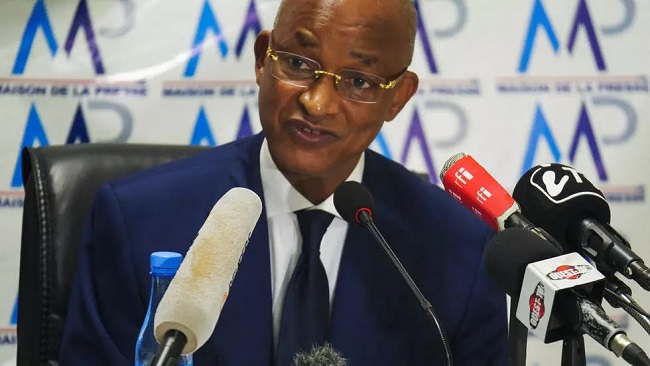
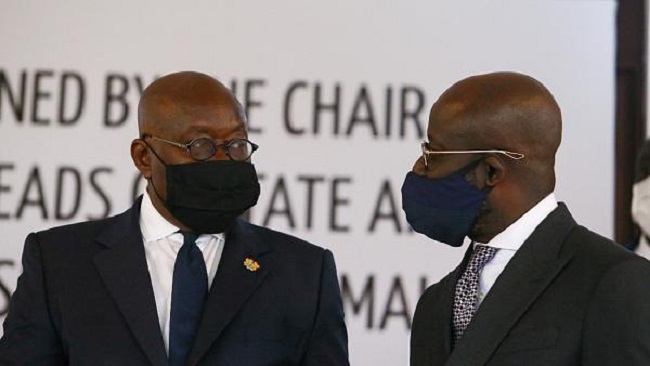
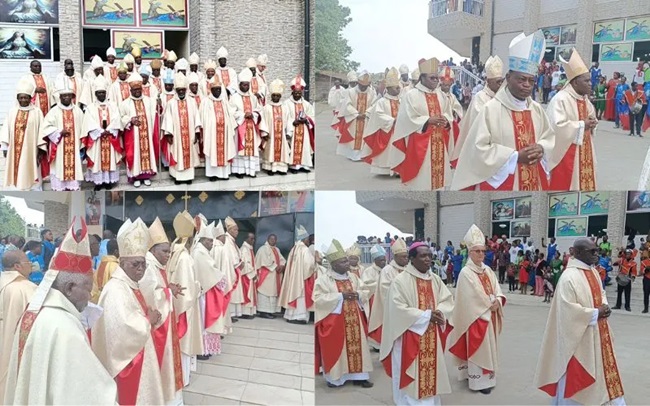

















11, December 2020
Ghana opposition candidate Mahama rejects ‘fraudulent’ election results 0
Ghana’s opposition candidate John Mahama on Thursday rejected as “fraudulent” the results of the country’s presidential and parliamentary elections in which President Nana Akufo-Addo won a second term.
Challenging election results could test the stability of the west African nation, where previous electoral grievances have been pursued through the courts.
A day earlier, the electoral commission said that Akufo-Addo had won 51.59 percent of the vote on Monday, ahead of Mahama with 47.36 percent.
But Mahama rejected those numbers.
“I stand before you tonight unwilling to accept the fictionalised results of a flawed election,” he told a news conference.
“We will take all legitimate steps to reverse this tragedy of justice.”
The 62-year-old claimed that “numerous steps have been taken to manipulate the results of the election in favour of the incumbent.”
The tightly contested race has led to tensions between the two main parties, with the opposition candidate accusing the president of abuse of power.
“Armed forces featured heavily as an intimidating measure to reverse election results,” Mahama said and called on the international community “to remain engaged in what is happening in Ghana and to take careful note of the current threat that is being waged to our democracy.”
According to the provisional results published by the electoral commission, Akufo-Addo’s New Patriotic Party (NPP) won 137 seats in parliament, while Mahama’s National Democratic Congress (NDC) won 136.
The full results of the parliamentary elections have not yet been announced but the opposition leader said his party had in fact won 140 seats.
‘Work together’
It is not uncommon for presidential candidates to contest results.
Mahama and Akufo-Addo are long-standing rivals and this was their third election battle.
In 2012, it was Akufo-Addo who contested Mahama’s win.
In a victory speech to supporters Wednesday, the 76-year-old president-elect said it was time “irrespective of political affiliations, to unite, join hands and stand shoulder to shoulder.”
“The Ghanaian people through the results have made it loud and clear that the two parties, the NPP and NDC, must work together especially in parliament, for the good of the country.”
Observers, both Ghanaian and foreign, viewed polling as generally free and fair, but police said five people were killed and 19 injured in election-related violence.
Akufo-Addo and Mahama had signed a symbolic peace pact ahead of the vote, which the 15-nation regional bloc ECOWAS urged “all political parties and their leadership to respect.”
Ghana has recorded high levels of growth during Akufo-Addo’s first term as he worked to diversify an economy largely dependent on cocoa exports and more recently oil and gold.
On education in particular, he is considered to have done well, which matters in a country where 18- to 35-year-olds account for more than half of all eligible voters.
But while Ghana has made large strides in recent years, many still live in extreme poverty, with scarce access to clean water or electricity.
Severely hit by the pandemic, growth in the nation of 30 million people is expected to fall this year to its lowest in three decades.
The International Monetary Fund is pencilling in growth of 0.9 percent for the country, down sharply from 6.5 percent growth in 2019.
An urgent task for the next government will be to limit mounting debt and control rising inflation.
Source: AFP